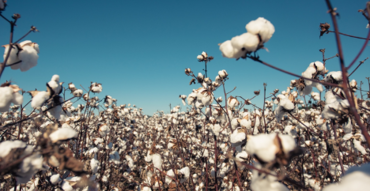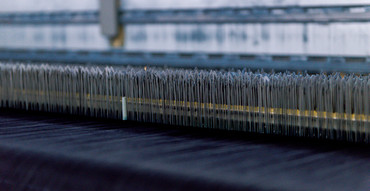Global Design Standards
Our new Global Design Standards look at the entire lifecycle of a product to give designers and product developers a foundation for end-to-end improvement. Priorities include circular material innovation, sustainable materials, and state-of-the-art processes to create products that are used for longer and can be reused or recycled.
Preferred Chemistry
Part as our commitment to responsible manufacturing, all chemicals used in production must comply with the ZDHC Manufacturing Restricted Substances List (MRSL) ensuring safer chemistry for people and the planet.
Preferred Materials
To meet this standard, 70% of the fabric materials used in a product must be sourced from our Preferred Material list. Read more on this below.
Low Impact Fabric
To meet this standard, fabric must come from a denim mill (prior to cut and sew) that has achieved at least 90% reduction in fresh water use from an independent third-party established 2018-2019 baseline. Learn more about our Indigood™ Program.
Low Impact Finishing
To meet this standard, the product must achieve a “Low Impact” score calculated via Jeanologia’s Environmental Impact Measurement (EIM) tool. The program scores the finishing process of a garment.
Circular Pathways
To meet this Standard, the main fabric of a garment must be comprised of at least 95% mono-material, of which at least 20% of the content is recycled; OR the garment should be a part of a validated resale or up-cycling business model that facilitates the reuse of garments or recycling of post-consumer waste.









